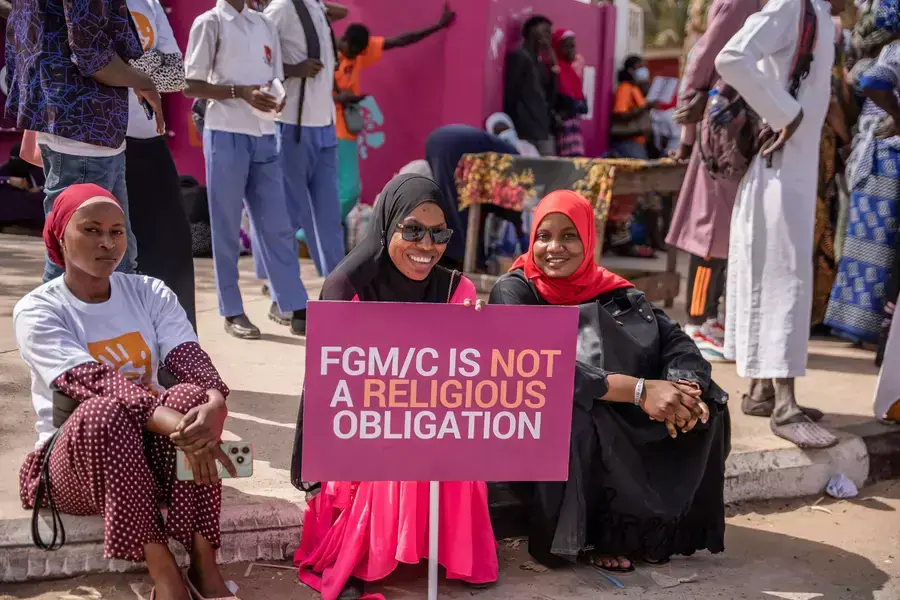Efforts will Have Serious Consequences for Gender Equality and Women’s Health
Gambia may soon become the first nation to reverse a ban against the practice of female genital mutilation (FGM). Gambia passed a law banning the practice in 2015. But the parliament is now moving to overturn the ban, arguing that such an effort is necessary to “uphold religious loyalty and safeguard cultural norms and values.” It will now be reviewed by a parliamentary committee before a final vote. Of the forty-seven predominantly male members of the Gambia National Assembly present for voting, forty-two voted to overturn the ban, with one abstaining. The practice is widely viewed as a human rights violation, and victims often suffer severe adverse health effects. Activists also worry that it may lead to a further rollback of women’s rights. “If this law gets repealed, we know they’re coming for more,” Fatou Baldeh, a leading opponent of genital cutting, said. “So we will fight it to the end.”
Abortion Restrictions are Disrupting Basic Pregnancy Care in Louisiana
A report released this week has revealed that doctors in Louisiana are exercising extreme caution when treating pregnant patients to avoid any violation of Louisiana’s strict abortion laws. The report is based on interviews with thirty healthcare providers and thirteen patients and found that women are being forced to accept treatment options that deviate from standard practices of care. For example, women whose pregnancies are not viable are being forced to undergo highly invasive cesarean section surgeries instead of being provided a surgical or medical abortion. Many providers are now delaying treatment when patients report miscarriages or ectopic pregnancies, and some are now refusing to meet with patients until their second trimester when the risk of miscarriages decreases. “Institutions don’t want the government coming down on them, accusing us of doing something wrong when what we’re doing is just providing essential health care that people are coming to us for,” said Dr. Neelima Sukhavasi, a Baton Rouge OB-GYN. Doctors face penalties under Louisiana’s abortion ban of up to fifteen years in prison and $200,000 in fines.
Women in Japan Breaking Records for Labor Participation
More women in Japan are choosing to work thanks—at least in part—to efforts by the Japanese government to address barriers related to female workforce participation. Since 2013, Japan has been using public policies to challenge social norms and encourage women to join the workforce. One important change involved dramatically increasing the availability of childcare services. While issues remain, including the quality of jobs available to women, the sheer increase of women working has defied expectations. Adam Posen, an advisor to the Japanese government on these issues, set a goal of encouraging 800,000 women to join the workforce. However, data shows that this is an underestimate, as nearly three million women have joined. “It raises questions about what is a reasonable expectation for female labor force participation” Posen said.
